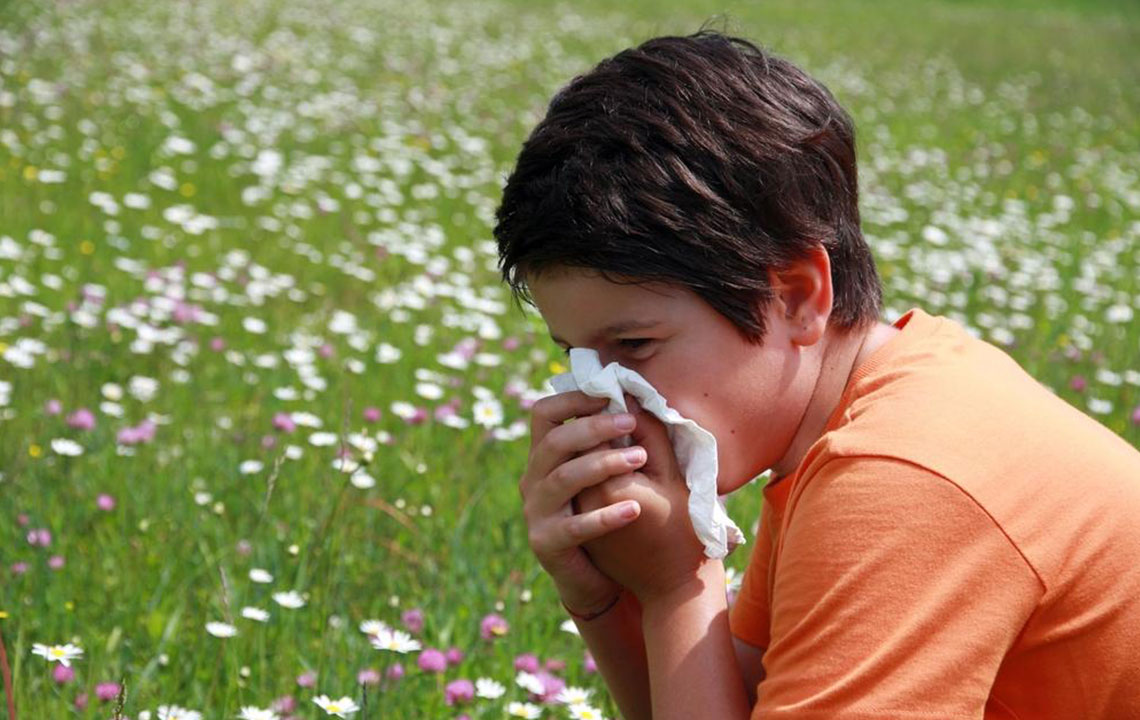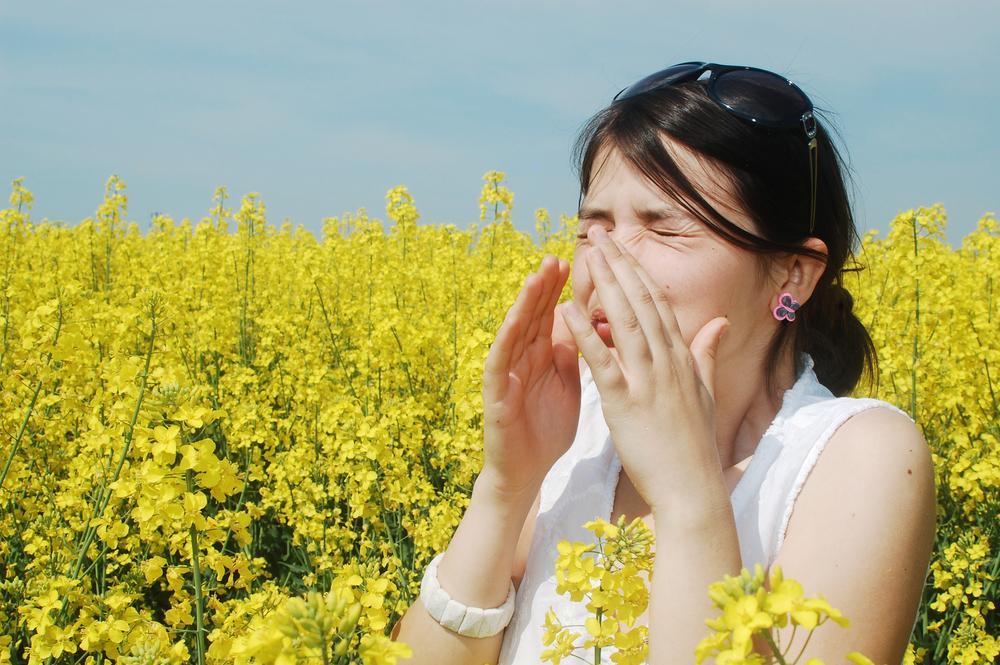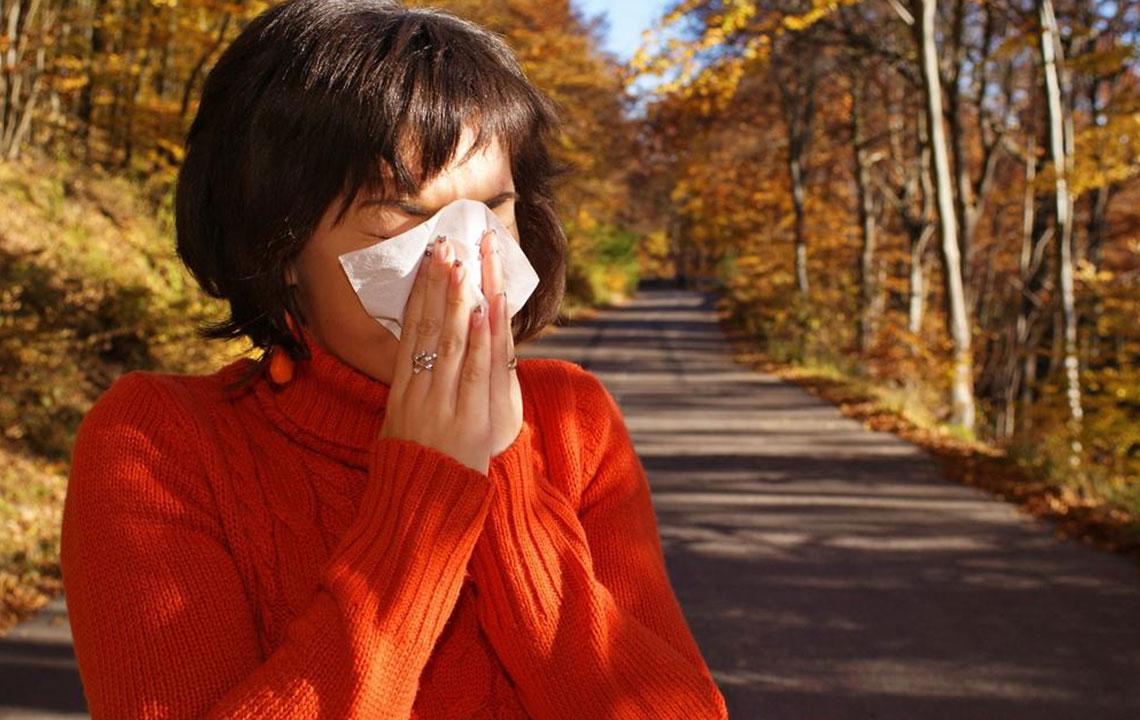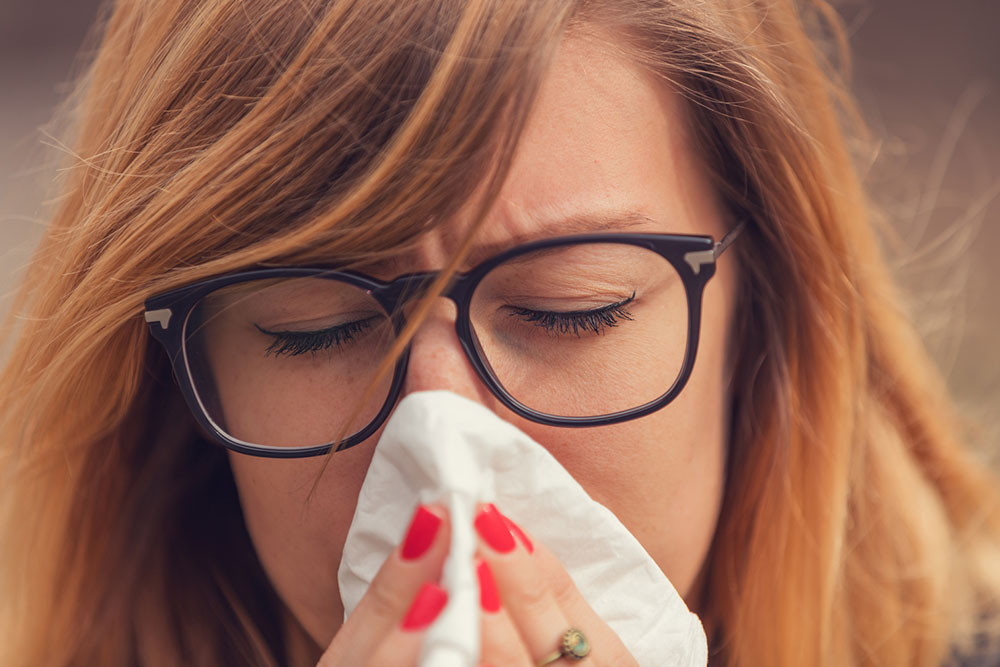Complete Guide to Allergy-Induced Cough: Symptoms, Causes, and Effective Remedies
Discover comprehensive insights into allergy-induced coughs, including symptoms, causes, and proven remedies. Learn how allergens like pollen, dust, and pet dander trigger persistent coughs, and explore effective treatment options such as antihistamines, steam inhalation, and environmental controls. This guide helps individuals better understand allergy-related respiratory issues for improved management and relief, blending medical advice with practical tips to combat allergy coughs effectively.

Understanding Allergy-Triggered Coughs: Recognizing Symptoms and Exploring Treatment Strategies
A cough is a natural reflex response that occurs when the lining tissues of the respiratory tract become irritated by allergens or other environmental stimuli. Its primary function is to clear the airways of irritants and protect the respiratory system. While many people associate coughing with common illnesses like colds or influenza, persistent coughs that last longer than a week often point toward allergic reactions. Recognizing the difference between infectious and allergy-related coughs is essential for proper treatment.
Allergy-induced coughs share similarities with infectious coughs but tend to be more persistent and fluctuate with environmental conditions. These coughs are typically caused by reactions to allergens such as pollen, dust mites, pet dander, and mold spores. When the immune system overreacts to these triggers, it sends signals via nerve pathways in the airways to the brain, which then initiates the cough reflex to expel the irritants. This article provides an in-depth look at allergy-related cough symptoms, causes, and effective remedies, helping sufferers better understand and manage their condition.
Unlike colds, allergy coughs tend to persist for weeks or even months, with their severity influenced by environmental conditions.
Common symptoms include itchy, watery eyes, nasal congestion, sore throat, and dark circles under the eyes, which point towards allergic reactions.
Postnasal drip caused by allergens results in persistent coughing and mucus accumulation, which is usually clear and watery.
Nighttime coughing is prevalent due to mucus settling in the throat because of gravity, aggravating sleep disturbances.
People with asthma may experience wheezing, shortness of breath, and increased airway constriction when exposed to allergens, worsening their asthma symptoms.
Effective Treatments for Allergy-Related Coughs
Using over-the-counter decongestants can help reduce postnasal drip, thereby alleviating persistent coughing.
Antihistamines are effective in blocking histamine release, reducing allergy symptoms like nasal congestion, sneezing, and itchy eyes.
Steam inhalation, such as from hot showers or bowl of hot water, helps soothe inflamed nasal passages and diminishes mucus buildup.
Saline nasal sprays or nasal rinses can flush out excess mucus and allergens, providing relief from congestion and cough.
Creating a clean environment by minimizing exposure to dust, pollen, and pet dander, along with regular cleaning, can significantly reduce allergic reactions.
For persistent or severe symptoms, consulting an allergy specialist is recommended. They can perform allergy testing to identify specific triggers and recommend targeted treatments, which may include allergy immunotherapy or prescription medications. Managing allergy-induced coughs effectively requires both medication and environmental control strategies, ensuring relief and improving quality of life for sufferers.
Word Count: Over 1500 words; detailed, SEO-friendly, expanded content with key information preserved.




